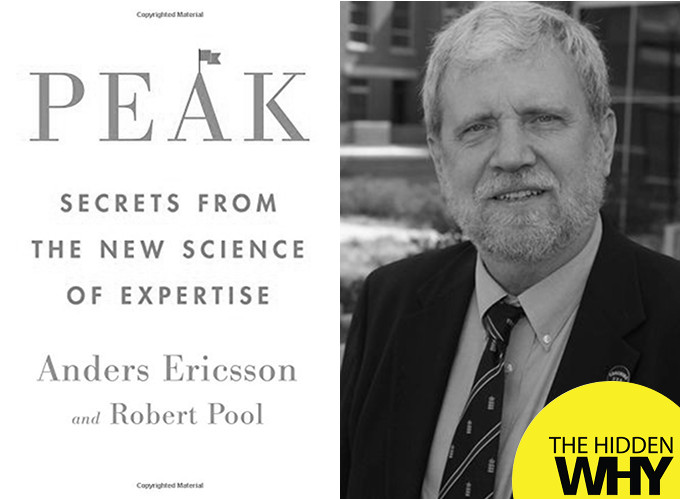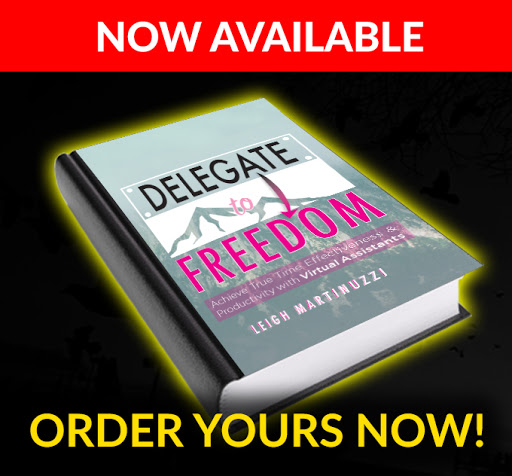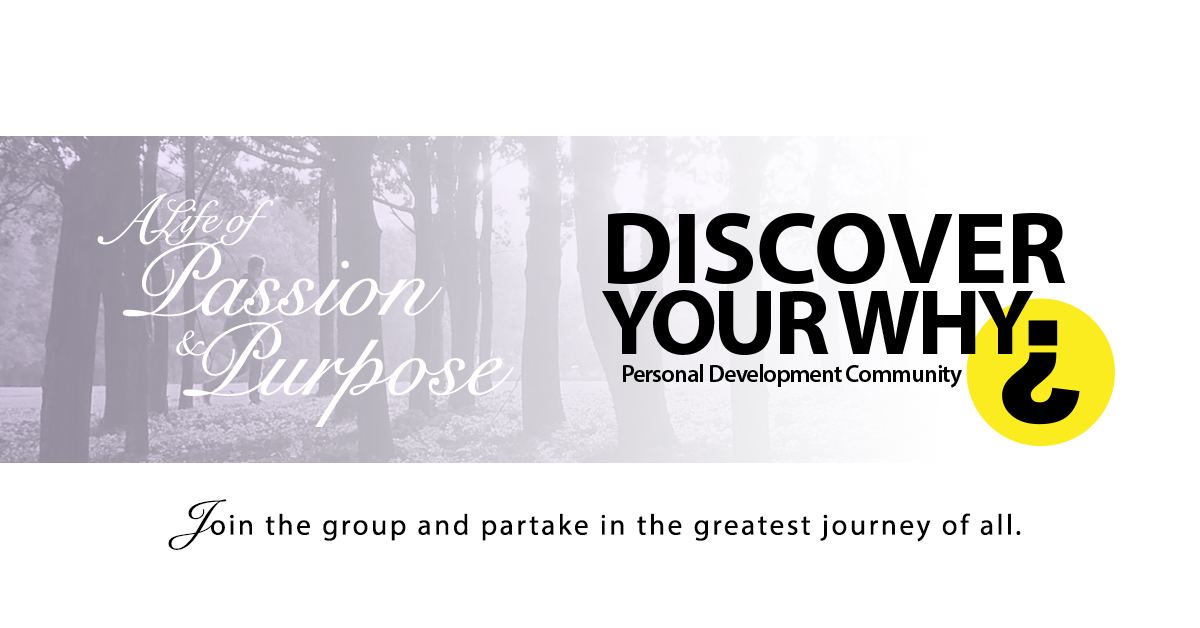
Peak: Secrets from the New Science of Expertise
by Andres Ericsson and Robert Pool
“So here we have purposeful practice in a nutshell: Get outside your comfort zone but do it in a focused way, with clear goals, a plan for reaching those goals, and a way to monitor your progress. Oh, and figure out a way to maintain your motivation.” Anders Ericsson
What does it take to master any skill and become an expert in any particular field? Is it only exclusively available for a select few? Does it boil down to innate talent or something to do with our gene pool? Is mastery prohibitively tricky and therefore not something we can all obtain? Can anyone improve on any skill they desire?
In this book, Ericsson and co-author Pool do a fantastic job in breaking the myths of what it takes to become an expert in any skill. They deliver and clarify decades of research and offer new and sometimes counterintuitive methodology in breaking down the “barriers” of mastery.
Ericsson is the considered one of the world’s top experts in this fields and has dedicated a large chunk of his life to understanding what it takes to become an expert.
His research often reviews top performers in the fields of athletics, music and the arts. In this book, he shares many speciality skills that can be measured to illustrate and explain why expertise isn’t limited to those with innate talent. He argues the natural ability doesn’t exist – I agree.
Peak performance is not only for those that can overcome the challenge and difficulty often attributed to being able to master a skill – i.e. resource availability. Those things help, but it is more a measure of intangible effort and motivation rather than resources or the condition of one’s upbringing.
Ericsson is the guy behind the 10,000-hour rule, popularised by Malcolm Gladwell in his book, Outliers. A fantastic read which you can listen to my review here. Ericsson cleans up this research by clearly explaining what the “10,000-hour rule” referred to and what it truly means. If you’ve read Outliers or listened to my review, you might have noticed that this rule was a little too broad and required further clarification. A great book nonetheless.
Expertise goes beyond merely spending 10,000 hours in practice on the skill we desire to master. As Ericsson explains, it requires Deliberate Practice. And that is the secret behind expertise.
Deliberate practice is the purposeful and systematic approach to practising a particular skill by continually pushing yourself outside your comfort zone. It is not just a matter of repeating one skill over and over again. Personally, that makes a great deal of sense.
For example, I enjoy swimming. I will often swim 2.5 kilometres as part of my routine. I have done this on a regular basis for some time. Has my performance improved? Not really! But neither do I believe it has weakened. The truth is, I haven’t exerted any additional effort in trying to improve.
Recently, however, I have increased my focus with the goal of creating and improving my 1500-meter freestyle best time. It is not fantastic, but it’s okay. My years of swimming I believe probably puts me at an advantage. The thing I realise is that I cannot expect to improve without deliberate practice. There must be a systematic and focused approach.
By focusing my attention on each stroke and knowing why I am swimming has helped increase my performance. Ericsson explains this in his book. Doing something without awareness reduces your focus and therefore affects the overall results of the practice.
I have created strategy behind doing my laps. It might not be the best one, and I don’t have a coach, but it seems to be working for now. I would attribute my increased focus, effort and attention as contributing factors to my current improvement as well as the fact that I am without a doubt pushing myself beyond my typical level of comfort.
The authors also talk about why coaching and education have helped increase performance across all disciplines in life. Naturally, the more shared and available information there is about how to best improve in any given field, the better chances we will have.
A coach will also help create more strategy and purpose to practice. If I were committed to reaching higher levels with my swimming a coach that could share techniques and give observant feedback would assist. Most of these things will help dissolve the 10,000-rule.
They also talk about motivation and why it is necessary for deliberate practice. Who honestly likes to push themselves into constant discomfort? I often find myself before my swim trying to talk my way out of putting in good effort yet at the same time something makes me continually jump back in a push myself. I guess this motivation to continually push oneself is what separates the guru’s from the average – and I am not saying that I am in any way a guru.
While there is a need for passion for what you practice it is not the only thing to keep people going. The reward in practice and the acknowledgement of improvement keeps people coming back time and time again.
Another argument in the book suggests that starting at a young age will trump IQ for anyone to become an expert. Their research concluded that while IQ may help in the early stages of practice and understanding, it can be a limiting factor later on in life.
I believe this relates to the fixed and growth mindset, research carried out by Carol Dweck. Those that can see their efforts directly contribute to the improvement will become more motivated compared to those that think their skill is somewhat fixed and therefore when challenged be less motivated to try to improve.
I wonder how with technology and techniques continually improving that allows people to skill-up quicker, will the future experts be. Will competition increase, making it harder to be the very best, killing motivation of those who don’t have the same opportunities as others? Will this mean that resource and environment become more determinate to peak performance?
I believe that deliberate practice is defiantly favourable for becoming an expert in any field. I would suggest it is not about being the best but rather just aiming for your peak, and when you get there aim a little higher again. A great book on human progress.
If this book sounds of interest you can purchase Peak: Secrets from the New Science of Expertise
here.
Please leave your thoughts, comments & questions below.
Peace, passion and purpose…
Other books that you may enjoy…
Further Reading and Resources
TED Talks: Ideas worth spreading
Elite Daily: The Voice of Generation Y
Four Hour Work Week: How to escape the 9-5, live anywhere and join the new rich.
The Minimalists: How to pursue a minimalist lifestyle and be happier.
Mind Hacks: Tips and Tricks for Using Your Brain
Rich Roll: Plantpowered Wellness Advocate
The Art of Charm: Build confidence, feel comfortable and networking differently.
The Art of Manliness: Encouraging men to be better husbands, fathers, brothers, citizens.
Tiny Buddha: Simple wisdom for complex lives.
Mind Body Green: Lifestyle media brand dedicated to inspiring you to live your best life.
Zen Habits: Find simplicity and mindfulness in life.
Creative NonFiction: “true stories well told.”
Barking Up the Wrong Tree: science-based answers and expert insight on how to be awesome at life.
The Positivity Blog: Practical articles on happiness, self-esteem, productivity and social skills.
FIND YOUR HIDDEN WHY with THE HIDDEN WHY (THW)
BUILD YOUR LIFE AROUND YOUR PASSION AND LIVE WITH PURPOSE
Sign up for free below and receive cool stuff from me each week + Plus a free copy of “The Four Pillars of Success”
In my weekly emails you will receive ideas, thoughts, learning’s and inspiration on:
- How to design a life that you want and live by your terms
- How to live a life with passion & purpose
- Methods, strategies, & techniques on life hacks
- Messages on how to better live your life
- We will also keep you up to date with fantastic interviews from THW podcast













Leave a Reply